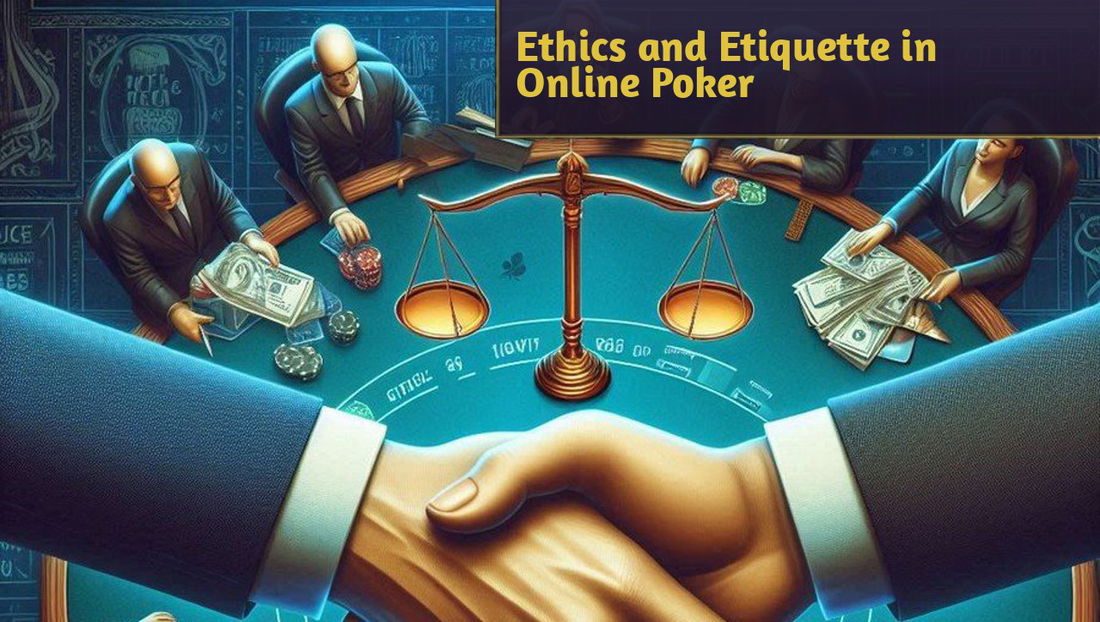You may see many people asking if there’s a difference between them in some quarters, and another set of people wondering if they can be considered as gambling. Whatever the case is, this article will break down what TCG and CCG stand for and answer your burning questions.
What are TCG and CCG games?
Before answering the big question about whether playing TCGs and CCGs is a form of gambling, let’s understand the games and how they work.
TCG simply means trading card game, while CCG means collectible card game. Both concepts are used interchangeably in the card gaming space, and they involve the act of collecting cards from supported games.
The concept is for players to collect as many cards from a game as possible to empower themselves and compete against other players with their own card decks.
In the same way that slot game symbols have different values, each card of a TCG or CCG game has its unique attributes and abilities. So, the more powerful a player’s card deck is, the stronger they are against other players.
How do TCGs and CCGs work?
Simply put, deck construction. Players curate their decks of cards by collecting various card types in-game. The deck of cards usually reflects the player’s strategy, so it involves lots of creativity and strategic planning to have a perfect mix of cards to form a winning collection.
The cards often come in different rarities – from common to ultra-rare options. Rare cards are the primary goal of any card player, and they bring an exciting thrill to TCG and CCG gaming.
Due to their rarity, players go to any lengths to have them, fueling the competitive desire to have the best cards. Players hunt for valuable cards to boost their deck power and complete a highly competitive collection.
When playing games like Magic: The Gathering, you need adequate resource management so you are not left with weaker cards than your opponent. You also need to have a winning strategy and anticipate your opponent’s move to get the best results.
Moreover, another element of the card gaming type is trading. Players unanimously agree on the value of a card within the gaming ecosystem and can trade one card for another, or even receive actual money in exchange for very rare cards.
TCG and CCG: the historical background
The history of TCGs dates back to the tech boom in the 90s. With video games becoming popular, some iconic games such as Magic brought about the concept of collectible cards to create a sense of excitement among the earliest adopters.
Since then, card gaming has transformed into an environment where players build collections and compete for various prizes.
Is playing TCGs and CCGs the same as gambling?
To arrive at a logical and balanced response about the relationship between collectible card games (and their variants) and gambling, let’s first examine gambling culture in the US. At its core, gambling involves the exchange of money or any valuable item for the possibility of winning a prize after predicting a future event or outcome.
When gambling, whoever wins a game or prediction does so at the expense of who loses, and to avoid losses, players can choose not to participate in gambling activities.
Now, back to trading card games and their different variants. Such games allow players to compete using collectible cards from games. However, they can also purchase booster packs to improve their chances. The argument against booster packs is that since players don’t know what cards they’ll get, they are gambling.
For instance, when playing Magic, you can buy a sealed pack with a Mox Opal Card for cheap and resell it to other gamers for a profit. However, there’s no guarantee that you’ll get other invaluable cards, such as Memoricide. Sometimes, the accompanying cards are the common ones in the hands of virtually all other players. So, buying booster packs is all about luck.
From the example above, we can point out some similarities between buying booster packs and gambling.
- Booster packs aren’t free. Players exchange money to get them.
- The purchasing process is based on luck. So, players can’t predict the cards they’ll receive.
- Some players get valuable trading cards, leaving others with low-value cards. This means the “winners” have an edge over those who did not get valuable cards.
- Players may choose not to buy booster cards to avoid losing money.
Despite the similarities above, it’s crucial to note that virtually all TCG players prefer to build their card collections by competing with other players and trading cards with them. Also, no research exists that traces gambling problems like players repeatedly spending money on trading card games.
Moreover, there is no monetary stake or betting on the prediction of gaming outcomes in TCG. So, players don’t need to risk money with the hope of winning more money after a gaming round.
Unlike traditional gambling, which has a direct value for every win, there’s no fixed monetary prize or reward for TCG players. Instead, the value of each card is determined by the broader market.
Finally, the legal definition of gambling according to the federal and state laws generally involves risking something of value, such as money, on an uncertain outcome, with the hope of getting something of greater value in return.
Since TCG gaming is more of a fun activity that involves collecting and trading cards instead of wagering on games for a chance to win a reward of higher monetary value, trading card games or collectible card games don’t fall within the general legal definition of gambling in the US.
Which are the popular TCG games to play?
Though they are not as well known as popular casino titles, numerous trading card games and collectible card games are available in the market. Popular options include Magic: The Gathering, Pokémon TCG, Yu-Gi-Oh TCG, Hearthstone and Keyforge.
Though they belong in the same gaming category, each game has its rules and features that players must understand before playing.
Conclusion
Trading card games (TCGs) and collectible card games (CCGs) are an exciting combination of strategy and social gaming. They involve card collections across various games to aid deck construction for an overall immersive experience.
With a longstanding history across various generations, these games are sought after by players of all ages worldwide. Whether you prefer to play for the joy of collecting rare cards or the strategic battles the games offer, TCGs offer an engaging experience.
However, it’s crucial to note that while participating in the games isn’t necessarily considered gambling, the laws surrounding such games of chance can vary by region or change with time.
So, there could be specific laws that apply to trading card games in certain jurisdictions. It’s always best to double-check the legality of TCGs and CCGs in your locale by consulting legal resources or the agencies in charge of online gaming activities for guidance.











— Comments 0
, Reactions 1
Be the first to comment